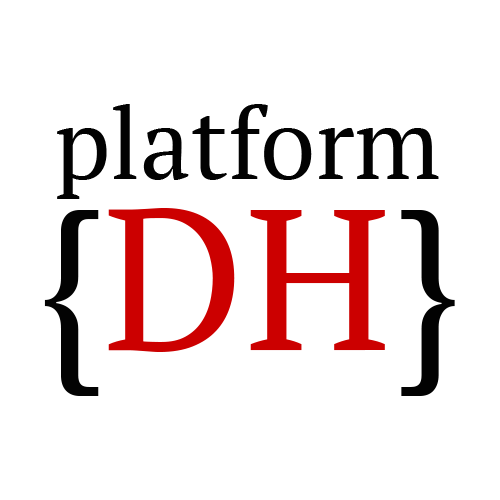Lecture Series: Folgert Karsdorp
S.D.009 Prinsstraat 13, Antwerpen, Antwerpen, BelgiumFrom Rapacious Wolfs to Independent Women: Cultural Transmission of Little Red Riding Hood.
In his lecture, Folgert Karsdorp presents new perspectives on the structure and development of story networks. A story network, defined as a non-hierarchical agglomeration of pre-textual relationships, represents a stream of retellings in which retellers modify and adapt retellings in a gradual and accumulative way. I investigate the development of the world’s biggest fairy tale icon: Little Red Riding Hood. No story has been retold, reinterpreted, recontextualized and reconfigured as often as the story about the little girl in red who meets a wolf in the forest. On the basis of a large collection of Dutch retellings of the story, I show that the evolution of its story network is largely determined by two random mechanisms of selection: cultural prominence and temporal attractiveness.


